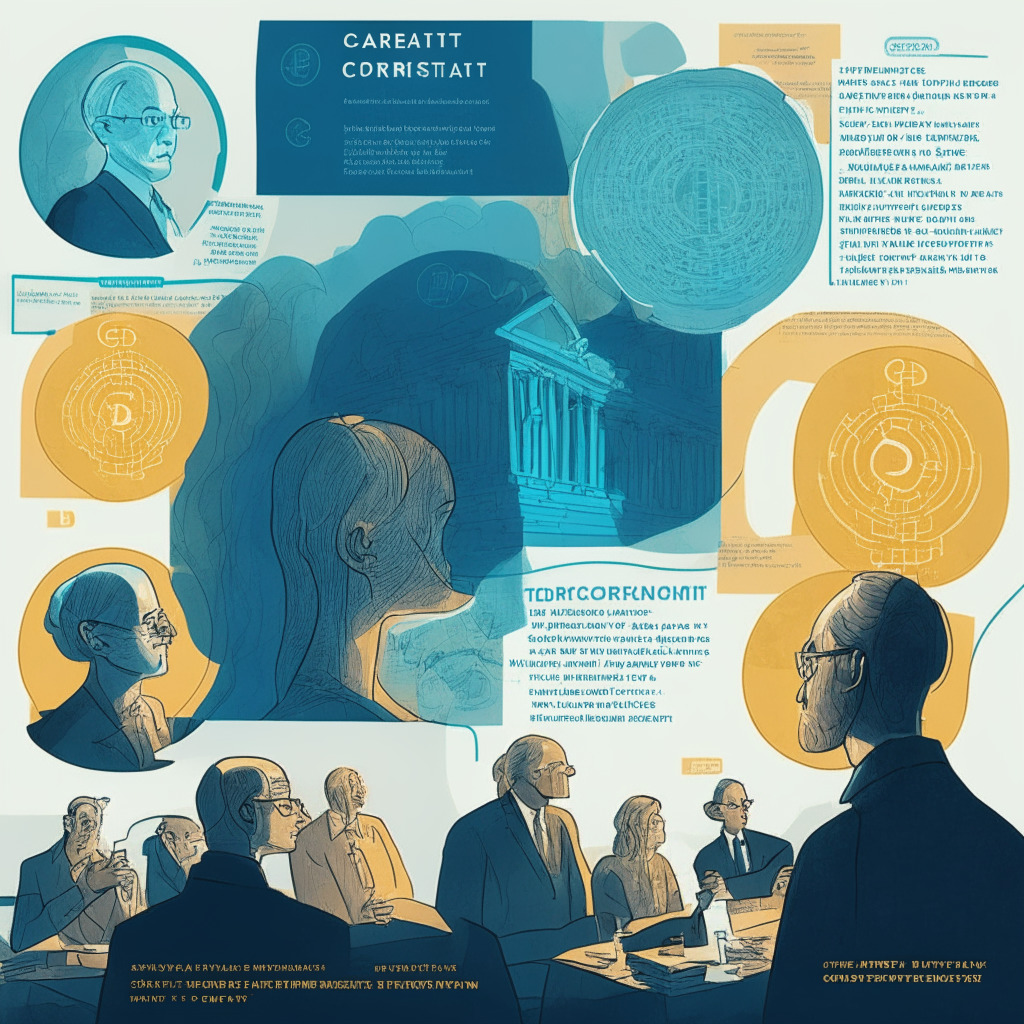During a fireside chat at the Minnesota Transportation Conference & Expo on May 15, President of the Minneapolis Federal Reserve Bank, Neel Kashkari, offered a rather blunt opinion on central bank digital currencies (CBDCs). While discussing the ongoing research on CBDCs, Kashkari stated that no one has yet been able to articulate a problem that these digital currencies can solve. He further questioned what CBDCs can achieve that a service such as Venmo, which allows instant money transfers, cannot.
When exploring the potential advantages of a CBDC system, Kashkari seems skeptical, labeling them as “handwaving word salad.” In his view, there is no solid evidence to suggest that CBDCs are an improvement over existing financial systems. He even cites China’s motivation to launch its own CBDC as a means to monitor every transaction made by citizens.
However, Kashkari was quick to clarify that the Federal Reserve would not support such a breach of privacy for Americans. He also mentioned several drawbacks to CBDC adoption, such as the possibility of the government imposing negative interest on accounts or facilitating direct taxation.
Addressing privacy concerns, Kashkari reassured that the Federal Reserve has no interest in violating the American people’s privacy. Yet, despite his skepticism, he remains open-minded and is awaiting the results of ongoing studies on CBDCs.
It’s important to consider Kashkari’s skepticism against the broader backdrop of the crypto ecosystem. While CBDCs may indeed have drawbacks, such as potential privacy invasion or government intervention, these issues could be present in any new financial system. And with the rise of decentralized finance (DeFi) and digital assets like Bitcoin, this is a rapidly evolving space.
The debate surrounding CBDCs is multifaceted, and as Kashkari’s comments demonstrate, there is no consensus yet on their benefits and drawbacks. Certainly, there are valid arguments both for and against the implementation of a CBDC, but it is crucial to examine them within the context of an ever-changing financial landscape.
While it’s clear that CBDCs have their skeptics, one cannot deny the growing interest from central banks and governments worldwide. As such, the impact of these digital currencies – both positive and negative – will undoubtedly continue to be a topic of much discussion in the coming years.
As the financial industry grapples with the pros and cons of CBDCs, one thing is for sure – advancements in blockchain technology and digital assets are here to stay, bringing with them groundbreaking changes to the way we interact with money.
Source: Cointelegraph




